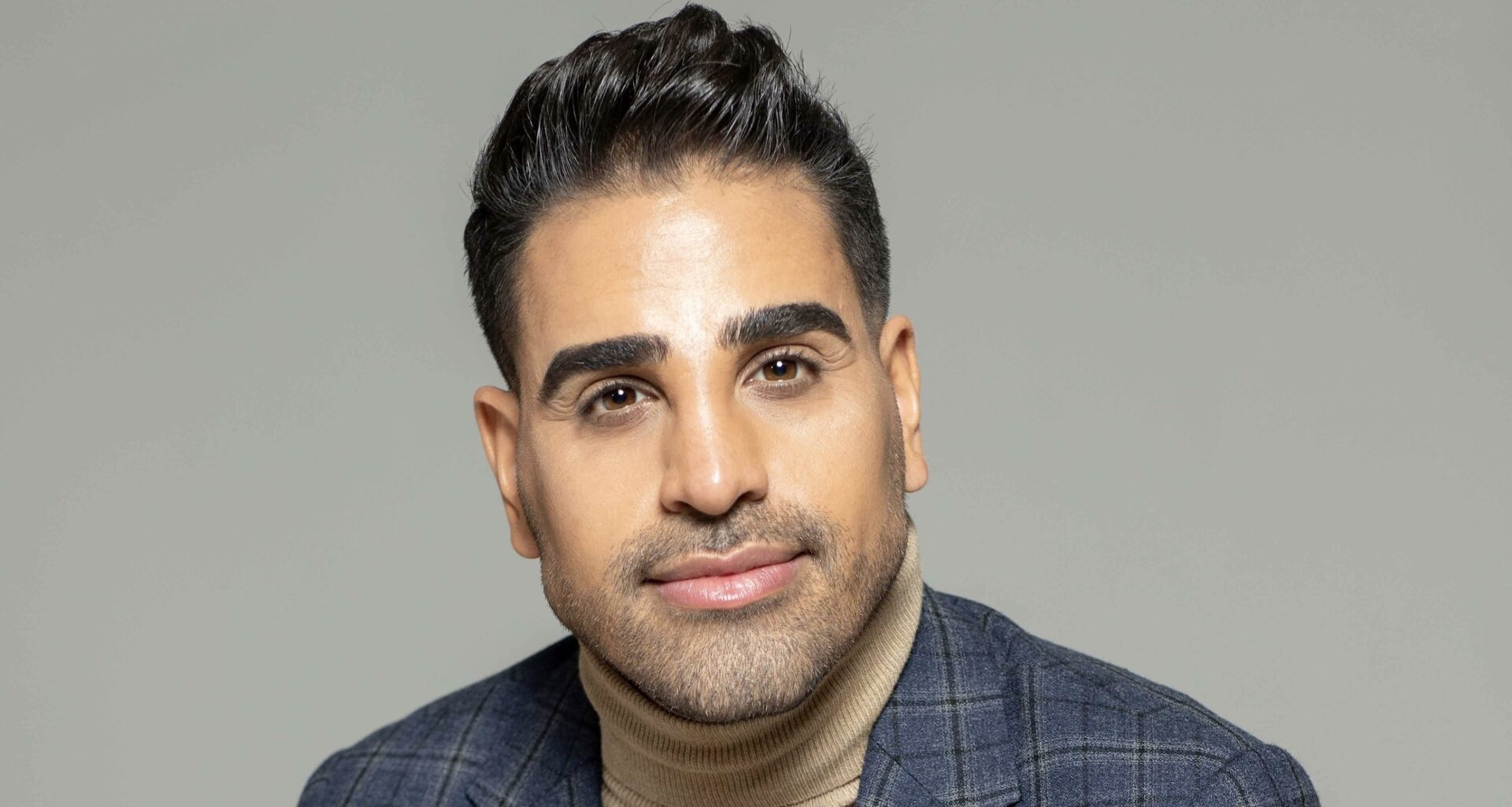The ‘P-Shot’: just another prick-tease? Dr Ranj has a word of warning about this latest fad
"A significant number of erectile dysfunction cases are linked to psychological factors such as stress, anxiety and depression" writes our columnist

I love social media. It’s a great way to stay connected, find inspiration and even learn a thing or two. But I’m increasingly frustrated when I discover content that makes exaggerated medical claims. One of the latest trends to make my blood boil (and that of my friend who flagged it to me) is the so-called ‘P-Shot’.
The P-what, you ask? The P-Shot — short for Priapus Shot, named after the Greek god of fertility — is being marketed as a revolutionary treatment for men’s sexual health. The premise is simple: it’s a non-surgical, regenerative procedure that uses platelet-rich plasma (PRP) derived from a patient’s own blood. A small blood sample is collected, spun down in a centrifuge, and the PRP extracted. This is then injected into specific areas of the penis, supposedly to enhance erectile function, sensitivity and overall penile health. The idea is that growth factors in the PRP promote healing and tissue regeneration, leading to improved blood flow, better erections and even increased size. On paper, it sounds pretty impressive. But does it actually work? Well, that’s where things start to unravel.
The science – or lack of it
Despite the flashy claims and celebrity endorsements, there’s unfortunately very little solid scientific evidence to support the P-Shot’s effectiveness. PRP may work for sports injuries or skin treatments, but this doesn’t mean it improves erectile function.
For starters, there are no large, randomised, controlled trials (RCTs) proving that PRP injections work for erectile dysfunction (ED). The studies that do exist are small, poorly controlled and largely anecdotal. In medical research, RCTs are the gold standard for determining whether a treatment is effective. Without them, it’s impossible to say with confidence whether the P-Shot provides real, measurable benefits or if it’s just another case of the placebo effect at play. And let’s be clear: the placebo effect in ED treatments is strong, with some studies showing it can be as high as 50 per cent effective. These are the reasons why no official medical body currently recommends the P-Shot.
Even more questionable are claims that the P-Shot can increase penis size. Scientifically speaking, there’s no good evidence that PRP can permanently enhance length or girth, yet this is a major selling point in influencer marketing and online advertisements.
Misleading marketing
Despite the lack of robust scientific backing, aggressive marketing campaigns on social media continue to push the P-Shot as a game-changing solution. Influencers and clinics tout dramatic results while conveniently skipping a few crucial details — like the price tag.
The P-Shot isn’t cheap. A single session can cost anywhere from £1,000 to £2,500, and multiple treatments may be recommended for ‘optimal’ results. That’s a hefty investment for something that has yet to be proven effective. And let’s not forget that PRP preparation methods vary widely between clinics, meaning that results — if any — could be inconsistent. Factors such as centrifuge speed, PRP concentration and injection technique all play a role, yet many providers lack specialist training in urology or sexual health.
And, as with any medical procedure, the P-Shot isn’t without risk. Common side effects include pain, bruising and swelling at the injection site and, in rare cases, there’s the potential for infection if the procedure isn’t carried out under sterile conditions.
Alternative solutions
If you’re dealing with ED or simply want to improve your sexual health, there are far more effective, evidence-based treatments available. These include:
Psychological support
A significant number of ED cases are linked to psychological factors such as stress, anxiety and depression. Therapy and counselling can be incredibly effective in addressing these underlying issues.
Lifestyle changes
Exercise, particularly aerobic workouts, has been shown to significantly improve erectile function. Weight loss, quitting smoking, reducing alcohol intake and eating a balanced diet can all contribute to better sexual health.
Medications
Sildenafil (Viagra), Tadalafil (Cialis) and other PDE5 inhibitors have decades of research behind them and are commonly used for treating ED.
Other treatments
If the usual therapies don’t work, other options include shockwave therapy, vacuum devices and even penile implants.
The bottom line
With little scientific backing, questionable marketing tactics and a hefty price tag, the P-Shot is a risky bet for men hoping to improve their sexual health. If you’re considering the P-Shot, speak to a specialist first rather than taking the word of social media influencers. In many cases, there are far better, proven options that won’t leave your expectations feeling as deflated as your wallet.
In a world where Instagram aesthetics and viral trends can make anything look miraculous, it’s more important than ever to separate medical fact from marketing fiction. And when it comes to the P-Shot, the evidence seems clear — it’s not quite there yet.
